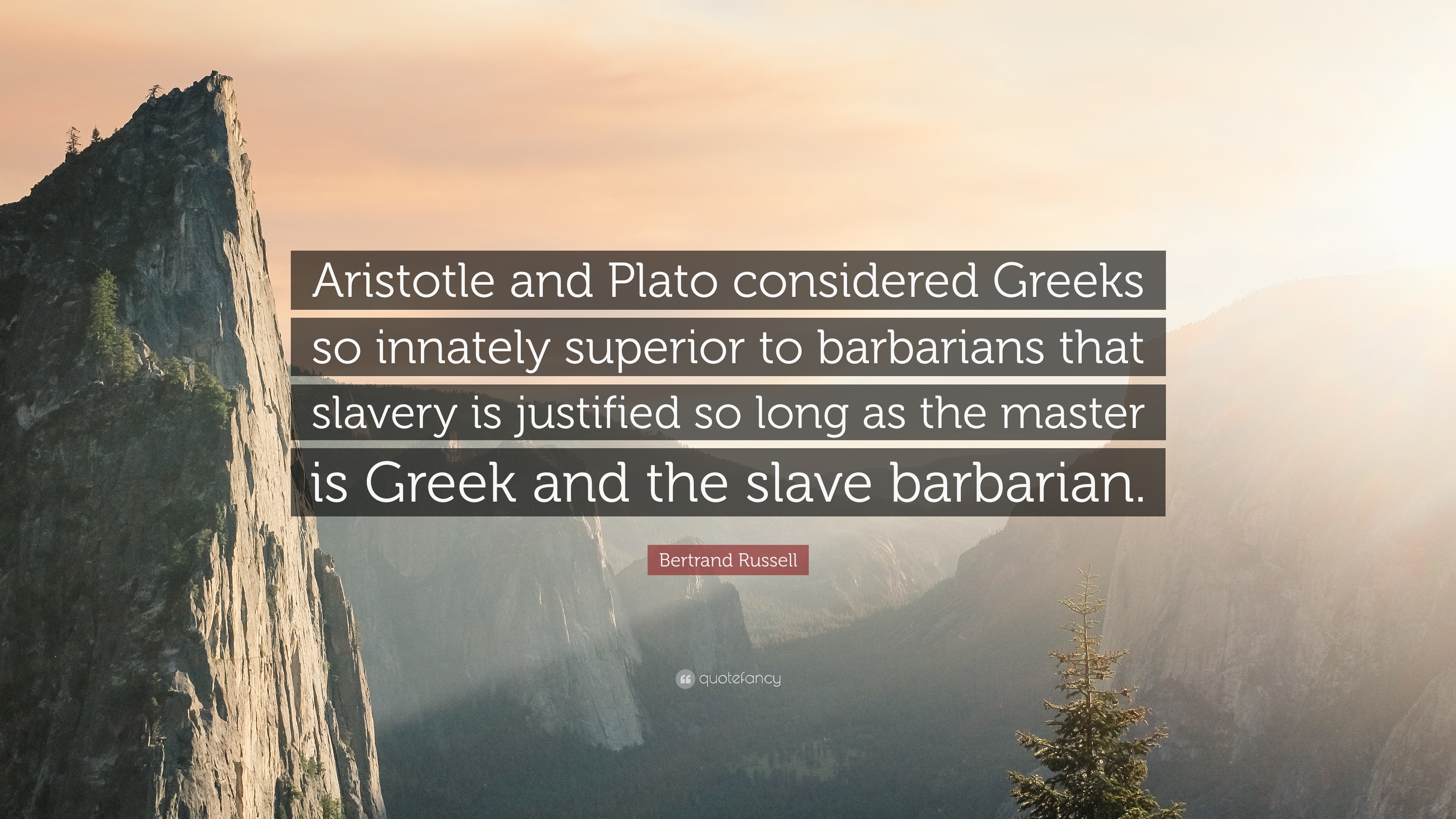
On the other hand, he’s not a human so much as he is a Ken Doll, except instead of plastic, he’s molded from untempered wish fulfillment.

If I had to choose between a violent assmunch like the hero in The Flame and the Flower or a paragon of all things virtuous like Wulfric, I’d still pick Wulfric, tiresome though he is. On one hand, I really appreciate the move away from asshole rapist heroes in the genre. I hesitate to use the term “politically correct” as any sort of pejorative in a serious sense, because all too often I’ve seen it being used by assholes who want to spout something sexist or racist while attempting to couch their opinion as unpopular but universal truth, but here I am saying this anyway: Wulfric is a politically correct hero, and hot damn, does that ever make him tiresome. He’s so perfect, I wouldn’t be surprised if cartoon bluebirds fly about and twitter musically every time he takes a crap. He’s a good Christian and won’t tolerate the destruction of churches. He won’t tolerate the mistreatment of women. He’s supernaturally patient with the heroine and her spunky shenanigans. He’s the bestest warrior in all the land. He is a species of romance novel hero who is as far away from compelling for me as it gets without actively inciting revulsion. There were, however, several other things about this book that struck me as worthy of dissection and discussion that Sarah didn’t cover in her review. The amazing speed with which the conflicts are resolved (the heroine falls in love with the hero, I shit you not, about three days after he kidnaps her and makes her his slave), the anachronisms, the annoying heroine… They made for a book that was simultaneously irritating and boring. Sarah posted her review earlier today, and I’ll say she’s spot-on about most of the issues that bugged me, so I won’t go into detail about them here. The good folks of Teach Me Tonight (is it wrong of me that I want to dub them The Professor Sisters (and one Professor Brother) and wish they’d make weird animated Internet videos about pop culture studies?) have amassed a pretty comprehensive round-up of links for all the commentary and reviews on Virgin Slave, Barbarian King. Assorted people agreed to review the book as part of an examination of whether Bindel’s accusations had any bite, and we Smart Bitches joined in, of course.

When she claimed in a Guardian On-Line article that romance novels represented “misogynistic hate speech” and cited various romance novel titles and back cover copy as proof, the heat, as they say in Kitchen Stadium, was on.


Publication Info: Harlequin Historical 2007īlame it on Bindel, man, blame it on Bindel.


 0 kommentar(er)
0 kommentar(er)
